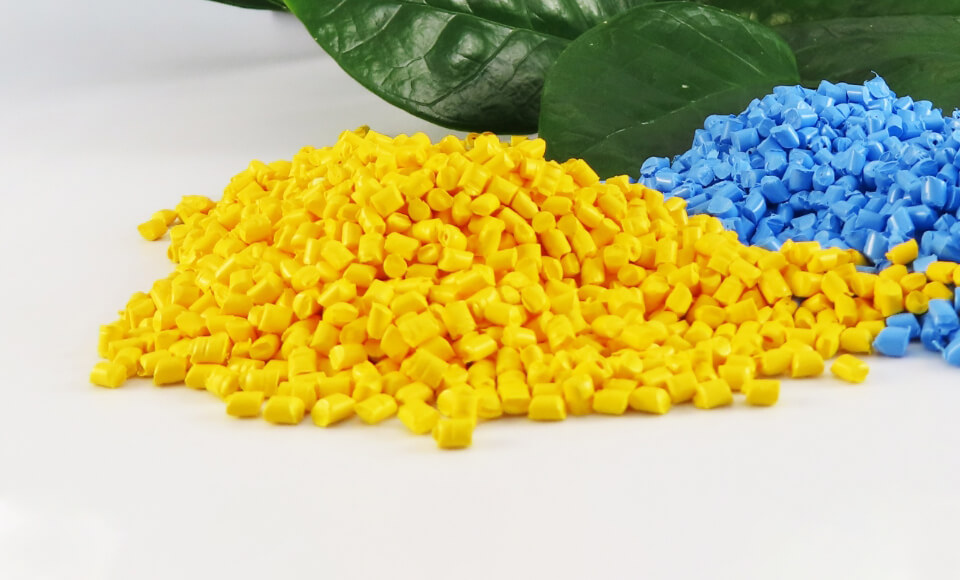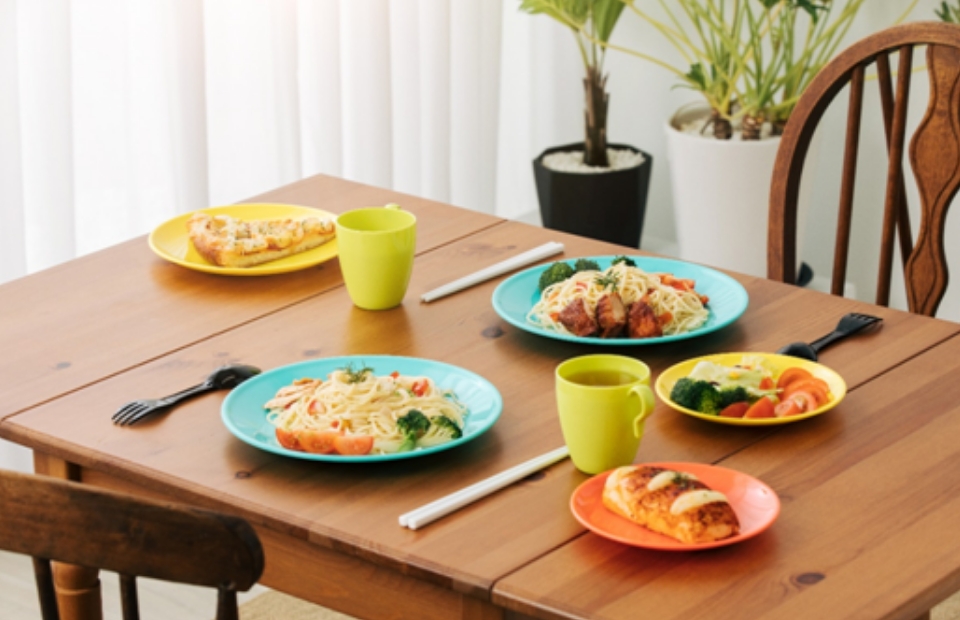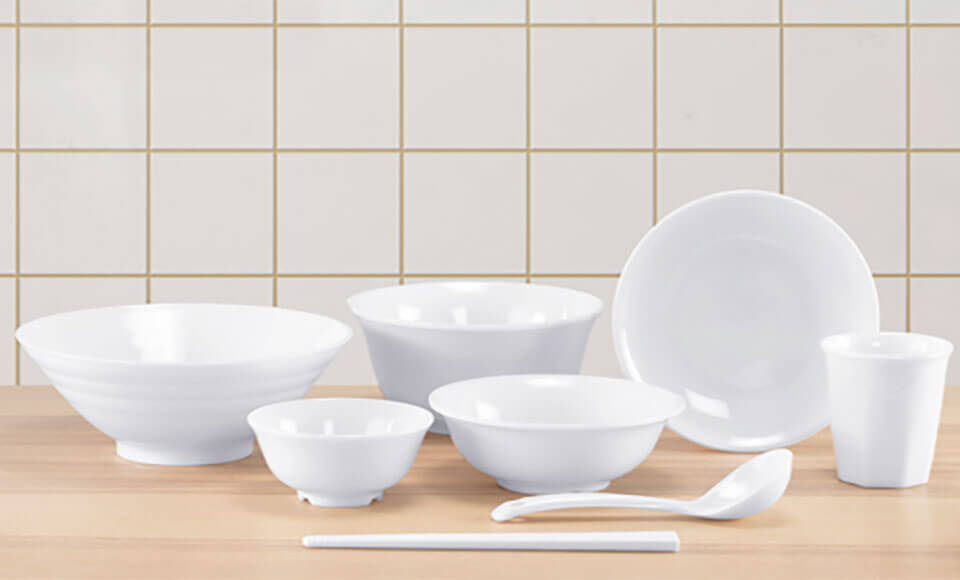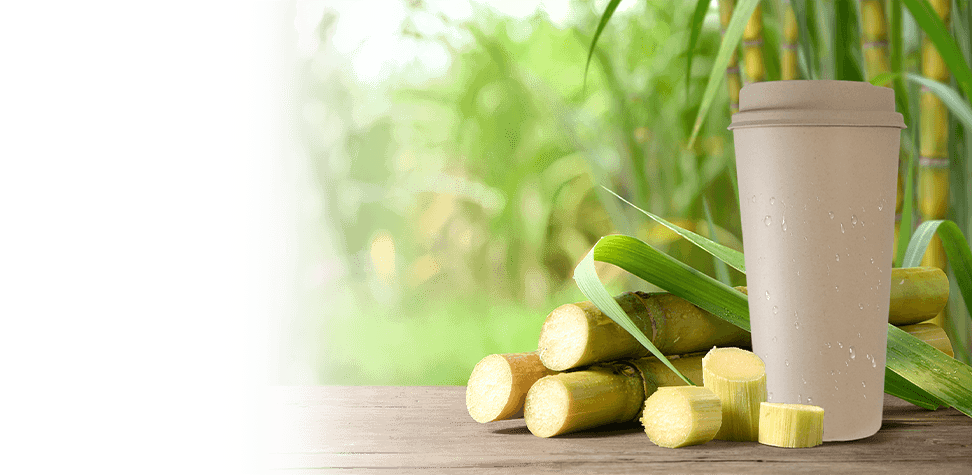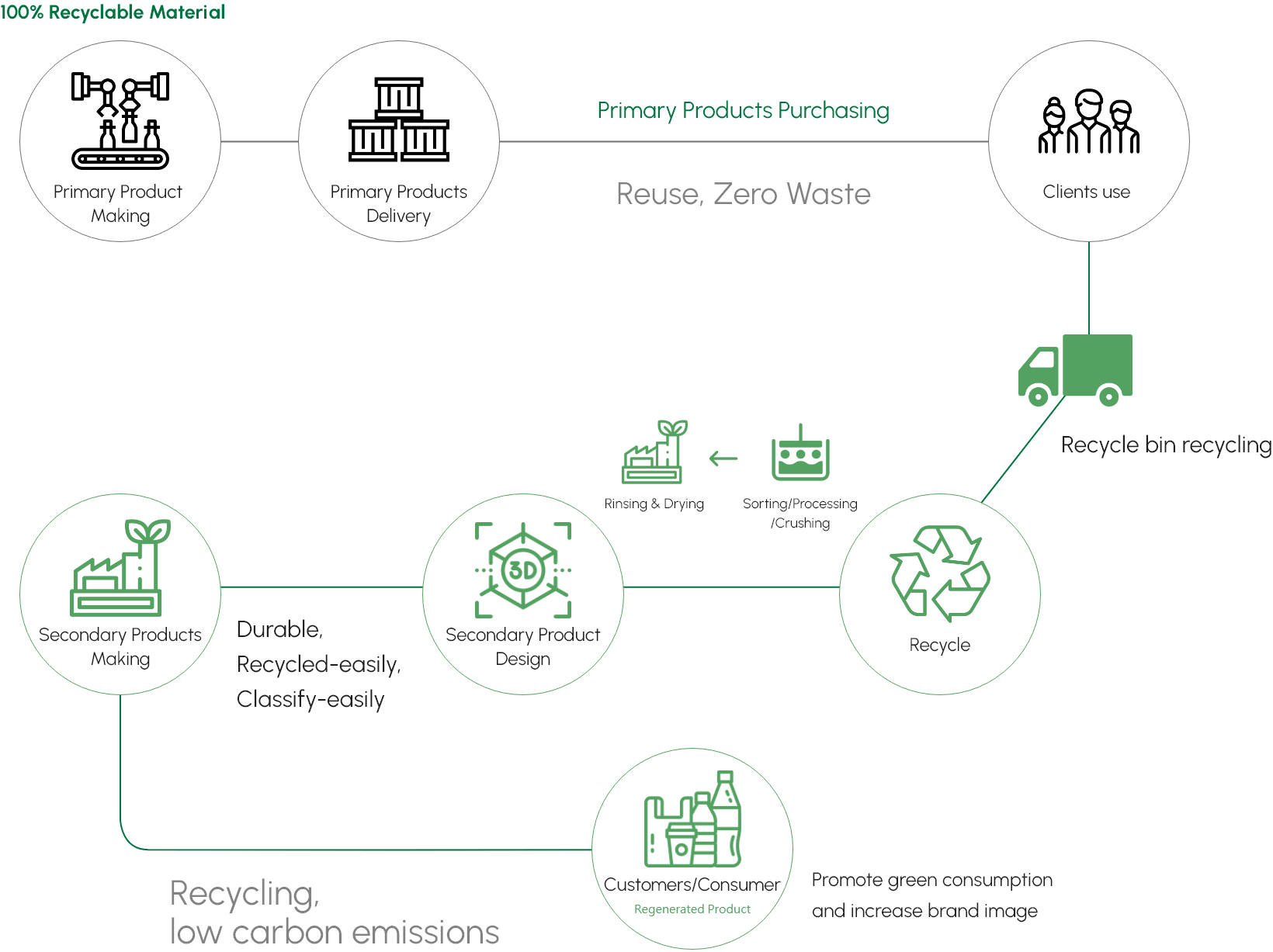Living Fountain has been committed to promoting the use of PCR (Post-consumer Recycled Plastic Resin) to produce green packaging.
In 2015, the United Nations announced the "2030 Sustainable Development Goals" (SDGs), including 17 SDGs goals, such as eradicating poverty, promoting a green economy, and gender equality etc., guiding the world to work together towards sustainability.
As a manufacturer, with the goal of SDGs 12 - " Ensure sustainable consumption and production patterns", we have been thinking about how to reduce carbon to protect the earth, and develop more environmentally friendly plastic resin for our customers.
Living Fountain uses recycled resin to reduce the burden on the earth, and the production of virgin resin carries out industrial recycling to achieve sustainable resource utilization, and continues to work towards the goal of carbon neutrality.

